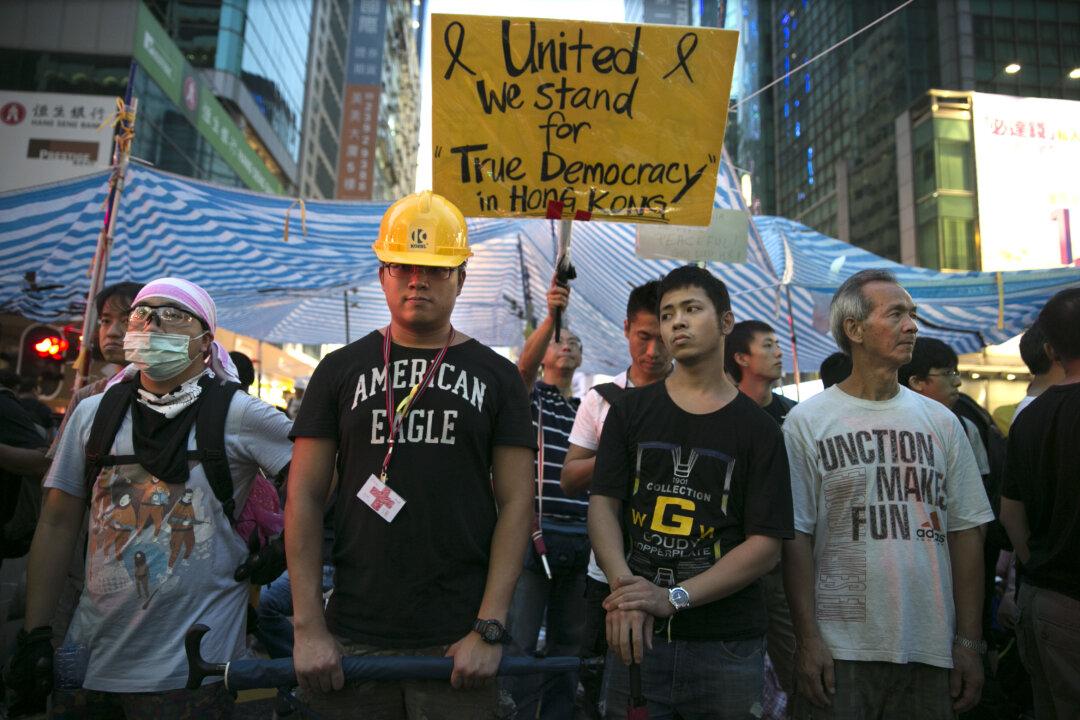The greatest killers in the known history of the world never faced justice, and in the void left by their unpunished crimes the world risks slipping backward into the mistakes of history. That is the message delivered by Marion Smith, the executive director of the Victims of Communism Memorial Foundation, in an interview with Epoch Times.
Communism has claimed the lives of more than 100 million people in the less than 100 years since Russia’s Bolshevik Revolution in October 1917, according to the Victims of Communism Memorial Foundation. Its death toll is higher than that of World War I and World War II combined.
"Communism is the deadliest ideology in history."





